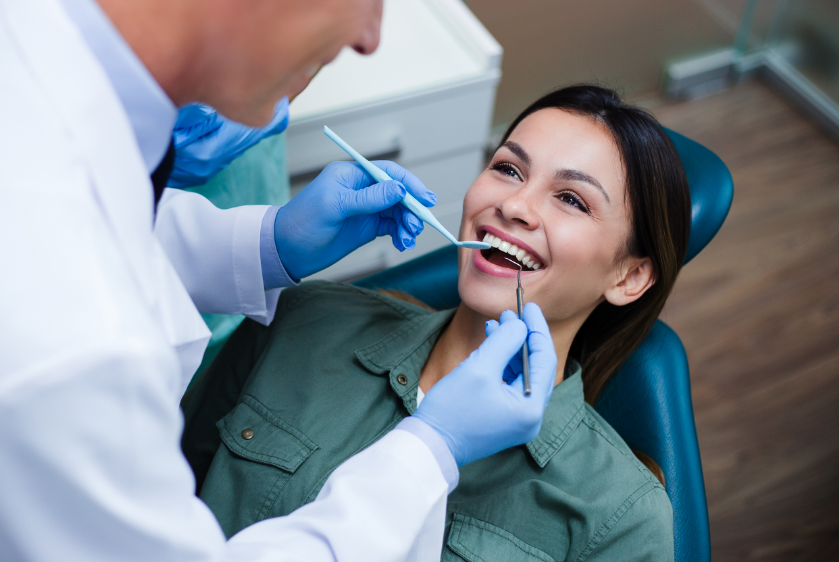Dental Surgery
Dental surgery for a healthy smile
All these procedures are aimed at restoring the proper functioning of the oral system, like chewing or speaking. They can also prevent complications, such as a damaged tooth, or an exposed tooth root caused by gum loss. These procedures can also restore or preserve the aesthetics of your mouth, particularly in the case of receding gums on certain teeth, a phenomenon which can affect the aesthetics of your smile.


Rigorous professionals at your service
- Thorough assessment of needs beforehand;
- Discussion of multiple options with the patient;
- Planning the chosen procedure: does the patient need pre-operative advice? Is an X-ray or CT scan of the area required?
- Appointment for the surgery, in a caring, comfortable and safe environment;
- Follow-up appointments and post-operative advice.
Post-operative advice
- Rest for 24 to 48 hours after surgery. Avoid physical activity.
- Avoid eating and drinking for two hours after surgery.
- For the next 24 to 72 hours, eat cold (but not too cold) or lukewarm, liquid or soft food (purée, soup, smoothie, etc.). The important thing is that it's easy to chew.
- Avoid drinking through a straw to avoid dislodging the blood clot that protects the wound and enables it to heal.
- Then gradually resume your usual diet, making sure not to put too much strain of the jaw. Try eating on the opposite side of the surgery, if possible.
- To limit pain and swelling in the following days, you can apply a cold compress to the painful area (10 minutes every hour) and take painkillers as recommended by your dentist.
- If the pain is very severe or persists after a few days, or if the swelling does not go down, contact your dentist. It is important to check the surgical site for infection.

